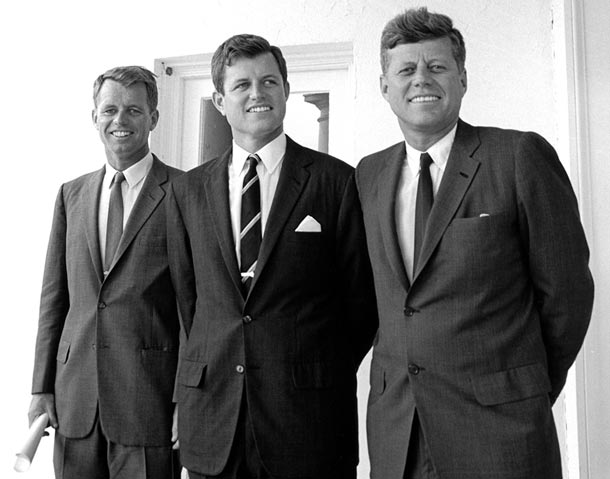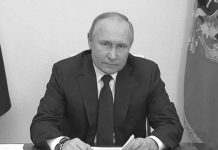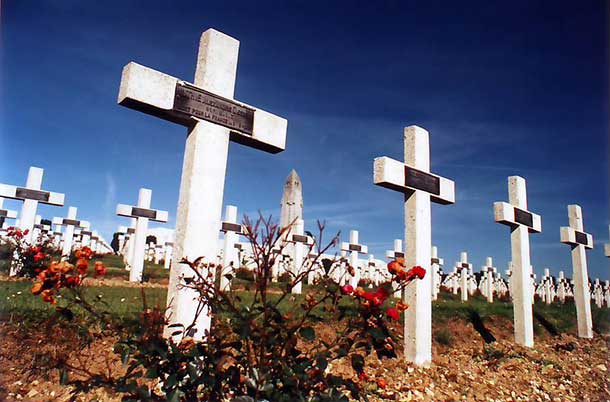
CALGARY – Opinion – Just over a hundred years ago seven undertrained ethnic Serbs assembled in Sarajevo, Bosnia to kill Archduke Franz Ferdinand. the heir to the Austrian throne. One, Nadeljko Cabrinovic, tossed a bomb that missed. Ferdinand was royally miffed. A second conspirator, Gavrilo Princip, got lucky when the Archduke’s driver made a wrong turn, providing Princip the opportunity to shoot both the Archduke and his pregnant wife, Sophie.
For years students learned this bloody event was the “spark” that set off the first major war of the 20th century. The Great War lived up to its name: a few years later four empires on the losing side were gone and two ostensible winners were seriously weakened. Millions were dead. Many saw it as the symptom of a multi-pronged crisis.
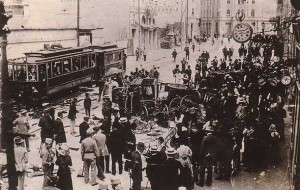
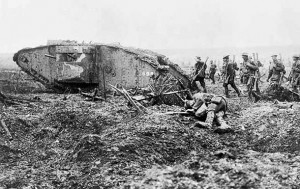
How much has changed? Today, the European Union is in crisis. Given the continued political, economic and geographic centrality of Germany, many of the same long-term factors that conditioned instability a century ago are still present.
In 1878, German Chancellor Otto von Bismarck convened the Congress of Berlin to discuss the orderly management of the withdrawal of Ottoman rule from the Balkans. He was concerned that “some damned stupidity” there might result in a general European war. Normal people might wonder how the interests of France, Germany, the UK and Russia might be connected to the dissolving power of Turkey.
The conventional answer is: entangling military alliances – along with railways, the telegraph, limitless imperial ambitions on several sides, and plenty of “damned stupidity.” Another, hardly mentioned, was the brilliant success of Bismarck in unifying Germany.
Before then, Germany was a politically-fragmented linguistic expression. France constantly threatened the Rhineland, and Russia, absent a Polish buffer, threatened the eastern borders of Prussia. The German victory in the Franco-Prussian war in 1871 transformed Europe and disrupted the existing European balance of power. For the first time, a major power sat in the middle of the North European plain.
From the German perspective, their geography was also their greatest danger. If Russia and France attacked, Germany would revert to the pre-1871 disorder.
The only way out, Germans thought, was a complex, two-stage, pre-emptive offensive war, which they put into effect in 1914. Between 1918 and 1939, Germany continued to occupy an inherently unsafe piece of real estate. The half century of occupation following the defeat of the Nazis was one way to deal with a country more powerful than its neighbours but unable to conquer them.
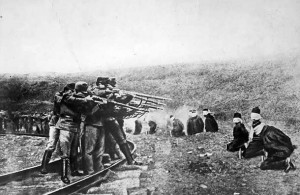
The more subtle western strategy was to foster European prosperity, for which a flourishing Germany was critical, but also to relieve them of their own defence. Germany might provide the battlespace for war with the Soviets, but NATO, and especially the U.S., would supply the tanks and, if needed, the nukes.
NATO solved the Germans’ French problem and the disintegration of the Soviet Union took care of the Russian one. With the prosperity of the European Union, for the first time Germany had no external threats.
Nothing, however sweet, lasts forever. The Russians are back, the economies of Europe are no longer flourishing. To date, Germany has kept its part of an unspoken bargain, to support the EU and to continue its own effective disarmament.
But how much of its own prosperity is it willing to sacrifice to deal with the social crises of other countries – including France?
The recent tension with the Americans over spying is a symptom of growing German independence.
On this 100th anniversary of the start of 20th-century European carnage, we may be in for another round of geopolitical poker.
Barry Cooper is a Senior Fellow with the Canadian Defence and Foreign Affairs Institute.
Troy Media






